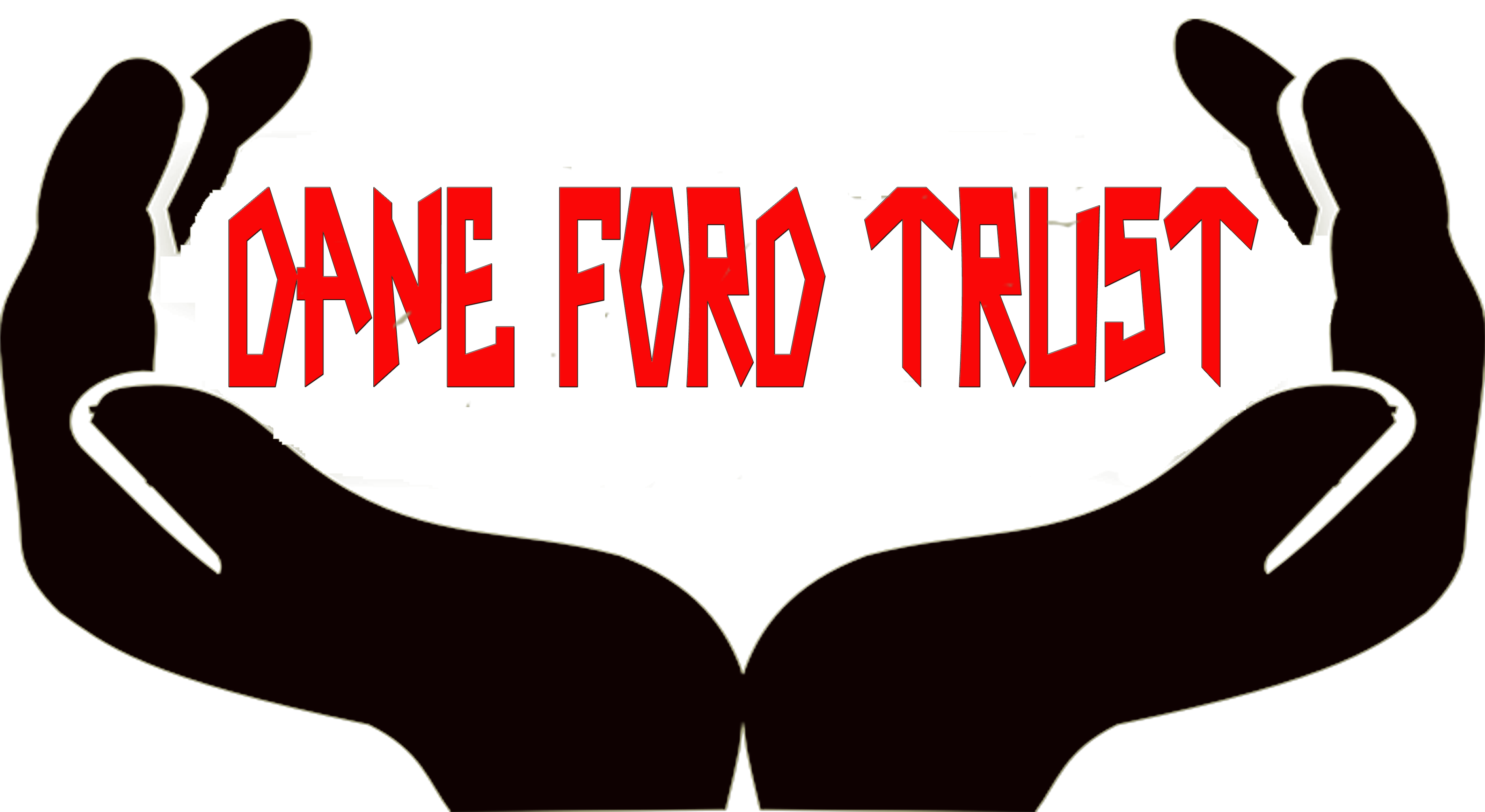To apply for mortgage refinance, you must first understand your eligibility. You should also know the costs and terms associated with the refinancing process. You can also choose to opt for a lower-cost refinancing option. If you have bad credit, you should be careful when choosing a mortgage refinance option.
How to Qualify for a Mortgage Refinance
A mortgage refinance is a great way to lower your interest rate and monthly payment. It can also help you switch from a variable to a fixed-rate loan. However, knowing how to qualify is essential if you’re considering refinancing. First, you must have a solid credit score and a low debt-to-income ratio. Then, you’ll need to complete an application. Once you meet these basic requirements, you can begin the refinance process.
Once you have an acceptable credit score, the next step is to improve your debt-to-income ratio. This ratio measures how much of your gross monthly income goes to pay the debt. The ideal balance is under three-fifths of your gross monthly income. Depending on the mortgage program, you’ll need a low DTI to qualify for a refinance.
A high credit score will also help you get a lower interest rate. A high credit score increases your chances of getting a better interest rate, which will help you afford your new loan. Check your score before you apply for mortgage refinance, and look for ways to improve it if necessary.
While refinancing is a personal process, it’s essential to choose a lender that’s right for you. You can apply in person, over the phone, or online. You’ll need to provide income, employment, and other information to confirm your finances. In addition, you’ll need to give information on co-borrowers. Your lender may already have your information if you’ve been pre-approved for a mortgage refinance.
Costs of refinancing
Although refinancing your mortgage is a great way to lower monthly payments, costs are also involved. For example, many lenders charge closing costs of up to 3{47beef4fa453f14f0944959b9bf73fa5db70c22fad4a70ee729750c6b8a1f449} of the loan principal. These fees include lender fees and third-party fees. In addition, refinancing requires the repayment of a loan origination fee and discount points to reduce the interest rate. Therefore, the cost of mortgage refinancing should be carefully considered before finalizing the deal.
Depending on your circumstances, refinancing may not be worth it if you’re moving shortly. On the other hand, if you’re a long-term homeowner, you should weigh your life savings against refinancing costs. For example, if you’re currently paying a fixed rate on your loan, refinancing into a shorter term could save you $47,400 over a few years. However, it’s important to note that the longer your loan term, the more money you’ll have to pay in interest.
Another cost to consider is private mortgage insurance. You’ll likely have to pay private mortgage insurance if your loan exceeds 80{47beef4fa453f14f0944959b9bf73fa5db70c22fad4a70ee729750c6b8a1f449} of the home’s value. This can add up over time and add to your monthly payment. Cash-out refinancing is another option, but keep in mind that it increases your total monthly payments and the amount you owe.
Refinancing your mortgage can be expensive, especially if you don’t qualify for the best interest rates. It’s best to wait until the fixed period is over before refinancing. Additionally, you might have to pay stamp duty and state fees to apply for mortgage refinance. It will help if you compare multiple lenders before you choose the right mortgage for your needs.
Alternatives to refinancing
If you are considering refinancing your mortgage, several options exist. One option is a cash-out refinance, which allows you to take out a larger loan than what you owe on your current mortgage. You then receive the money in cash at closing. However, you must be aware of the costs involved. These fees can run anywhere from 2{47beef4fa453f14f0944959b9bf73fa5db70c22fad4a70ee729750c6b8a1f449} to 5{47beef4fa453f14f0944959b9bf73fa5db70c22fad4a70ee729750c6b8a1f449} of the new loan amount.
One of the main benefits of mortgage refinancing is that it can lower your monthly payments and reduce the amount of interest you owe on your mortgage. This can help you pay off your mortgage sooner. Another benefit of refinancing is access to your home equity, which can be used for many purposes. For example, you can use it to renovate your house, purchase an income property, consolidate debt, or even fund your child’s education. There are many benefits to mortgage refinancing, so consider your options carefully.
Another alternative to mortgage refinancing is the HARP program, which is federally backed and intended to help current homeowners save money on their mortgage payments. This program was initially designed to help homeowners build equity in their homes.





